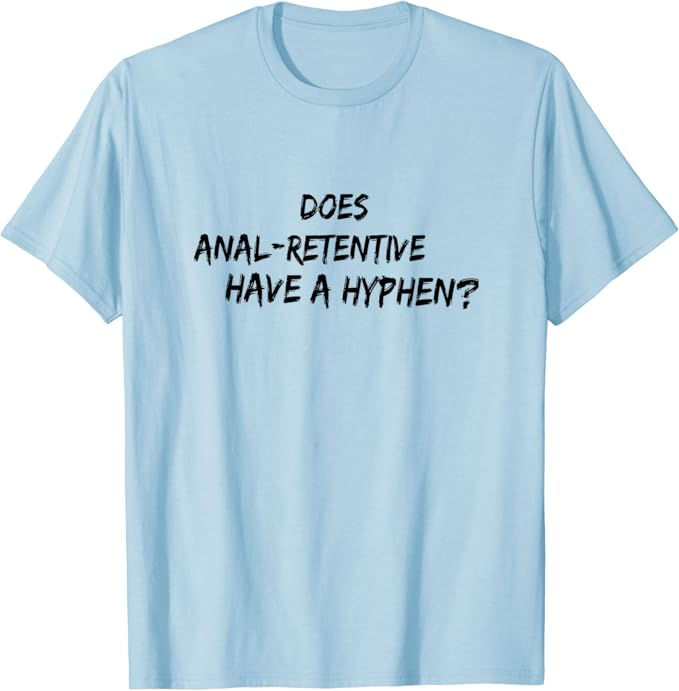You Can't Spell "Analysis" Without "Anal"
When preparing for the bar exam or tackling law school assignments, it's crucial to master the CIRAC method (Conclusion, Issue, Rule, Analysis, Conclusion). Interestingly, you cannot spell "analysis" without "anal," and this is a fitting reminder of the mindset required for this crucial part of the process.
The "A" in CIRAC, whether you refer to it as the Analysis or Application section, requires law students and bar exam takers to be "anal retentive." In this context, being "anal retentive" means being methodical, deliberate, and thorough. While the term "anal retentive" is often used in a somewhat humorous or pejorative sense, it highlights the importance of being thorough and methodical, especially in tasks requiring careful attention, such as legal analysis.
Here's why it's important to be anal in your analysis:
Thoroughness: Every component of the rule must be examined and related to the facts of the case. Missing even a small part can lead to an incomplete analysis.
Precision: Legal analysis demands precision. Being methodical helps you avoid errors and ensures that your arguments are well-supported and logically sound.
Organization: A systematic approach to analysis helps in organizing your thoughts clearly, making your writing more coherent and easier for the grader to follow.
Completeness: By being deliberate, you ensure that no part of the rule or fact pattern is overlooked, leading to a comprehensive discussion.
Adopting an "anal retentive" approach in your analysis means embracing a meticulous, detail-oriented mindset that is essential for success in law school and on the bar exam. So, when you get to the "A" in CIRAC, remember that being "anal retentive" is actually a good thing—it will help you craft a stronger, more precise, and more compelling legal argument.

Let's look an example at what I mean.
Here's a rule for attachment, which is a frequently tested issue that arises in Secured Transactions essay questions:
Attachment of a security interest is established when (i) the secured party gives value, (ii) the debtor has an interest in the collateral, and (iii) the debtor authenticates a record describing the collateral or the secured party has possession or control of the collateral.
Suppose ABC Bank (the secured party) extends a loan to John (the debtor). John agrees to grant ABC Bank a security interest in his car to secure the loan. John signs a security agreement describing the car and ABC Bank disburses the loan amount to John. Does ABC Bank have an enforceable interest?
Here's an example that includes a good anal-ysis:
[C] ABC Bank has an enforceable security interest in John's car. [I] At issue is whether ABC Bank's interest attached.
[R] Under Article 9 of the U.C.C., attachment of a security interest is established when (i) the secured party gives value, (ii) the debtor has an interest in the collateral, and (iii) the debtor authenticates a record describing the collateral or the secured party has possession or control of the collateral.
[A] Here, the security interest is properly attached. First, ABC Bank gave value because it disbursed the loan amount to John, which constitutes value given by the secured party. Second, John has an interest in the car because he now owns the car. Finally, the authentication requirement is met because John signed a security agreement that describes the car.
[C] Since all three elements are satisfied, ABC Bank has an enforceable security interest in John's car.
In contrast, here are two examples of a bad anal-ysis:
[A] Here, ABC Bank disbursed the loan to John, so attachment must is valid.
and
[A] Here, John owns the car, and ABC Bank has a claim to it because they gave him money. Therefore, ABC Bank's security interest is enforceable.
These two examples are too vague, too incomplete, and fails to thoroughly discuss each element of the attachment rule. They don't clearly connect the facts to the specific legal requirements, making it incomplete and imprecise.
So, remember: When approaching the analysis section in CIRAC, being "anal" represents a deep dive into the specifics, ensuring no detail is overlooked. This is essential for thorough and accurate conclusions.





